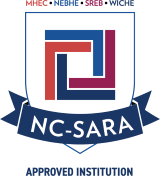
Please see the CT State catalog for updated program information pertaining to the 2023 school year and beyond. You have solid math and problem solving skills, love to help others and enjoy hands-on work. You would like to work in a medical-related field, but without the time and financial commitments in getting a PhD. CT State Middlesex offers an affordable and flexible solution to meet your needs. Get started with an associate degree in Ophthalmic Design and Dispensing today! This two-year degree program prepares students for future work as licensed opticians working to help others through the design and dispensing of eyeglasses, contact lenses and low-vision aids. This program is designed for individuals who are interested in becoming licensed opticians. Successful completion of this program will be accepted in lieu of the four-year, 8000-hour apprenticeship requirement to become a licensed optician. Enrollment in the program is restricted because of limited lab facilities, and early application is encouraged. Only completed applications with all documents will be considered. Students are admitted to the fall term only. Students must take the placement test and place into ENG*101 Composition and MAT*137 to be eligible for this program. Official transcripts are required for transfer credit. Ophthalmic Design and Dispensing students must receive a grade of C or better in Ophthalmic Dispensing courses in order to obtain a degree in this program. The mission of the Ophthalmic Design and Dispensing Program is to provide quality training and instruction in the opticianry profession. As an equal opportunity institution, Middlesex welcomes all and encourages its students to seek excellence in their studies. The program further encourages students to learn to conduct an ethical professional practice of opticianry in order to provide a superior standard of care for the people that our graduates serve. The Ophthalmic Design and Dispensing Program is accredited by the Commission on Opticianry Accreditation, PO Box 592, Canton, NY 13617. Program Accreditation Status The Ophthalmic Design and Dispensing Program has been accredited by the Commission on Opticianry Accreditation since 1990. The Commission on Opticianry Accreditation (COA), a not-for-profit agency, accredits Opticianry education in the United States. The mission of the Commission on Opticianry Accreditation is to foster excellence in opticianry education by setting standards, assessing educational effectiveness, and identifying those academic programs that meet the standards, in order to aid programs to produce competent graduates who will provide professional services to the public. Scope of accreditation: COA accredits two-year Opticianry degree programs and one-year ophthalmic laboratory technology certificate programs in the United States and Canada that are sponsored by post-secondary institutions accredited by agencies recognized by the Department of Education or CHEA. Recognition: The COA is recognized by the Council on Higher Education Accreditation (CHEA, https://www.chea.org/). Commission on Opticianry Accreditation For the Ophthalmic Design and Dispensing Program; positive licensure determination for the State of Connecticut. No licensure determination for all states except Connecticut. Note About Financial Aid Becoming Connecticut State Community College Associate in Science Degree
Ophthalmic Design and Dispensing Program Mission Statement
Program Goals for 2022–2023
Accreditation
Graduation Year Graduating Percent Graduating Numbers 2018 Students 95% 18 graduates out of 19 total students 2019 Students 80% 12 graduates out of 15 total students 2020 Students 73.3% 11 graduates out of 15 total students 2021 Students 80% 8 graduates out of 10 total 2022 Students 50% 7 graduates out of 14 total students American Board of Opticianry (ABO) Pass Rates
Class Sitting for Exam Passing Percent Passing 2018 18 18 100% 2019 12 12 100% 2020 11 11 100% 2021 8 8 100% 2022 7 7 100% National Contact Lens Registry Examination (NCLE) Pass Rates
Class Sitting for Exam Passing Percent Passing 2018 18 18 100% 2019 12 12 100% 2020 11 11 100% 2021 8 7 87.5% 2022 7 6 85.7% State Board of Opticianry Licensure Examination (ABO and NCLE certifications are required)
Class Sitting for Exam Passing Percent Passing 2018 CT 18 8 44% 2019 CT 12
MA 3
Overall 128
3
1066% CT
100% MA
83.3% Overall2020 11 11 100% 2021 6 6 100% 2022 5 5 100% Students Employed in the Vision Care Field
PO Box 592
Canton NY, 13617
http://www.coaccreditation.com/ Per Federal Regulation, 34 CFR 668.43-Institutional Disclosure for Licensure Program; this program has a Positive Licensure Determination for the State of CT. If you are interested in applying this program outside the State of CT, please check current licensure agreement with your state.
Per Federal Regulation, 34 CFR 668.43-Institutional Disclosure for Licensure Program; this program has a Positive Licensure Determination for the State of CT. If you are interested in applying this program outside the State of CT, please check current licensure agreement with your state.
Federal regulations stipulate that a student may only receive financial aid for courses that count towards their degree/certificate. To comply with this regulation, MxCC must track the courses that a student is registered for that count towards their degree/certificate program. Courses identified as not meeting program requirements will not be included in the calculation of financial aid eligibility. Pre requisites will be covered. This procedure is now in effect. Eligibility ceases once a student attempts 90 credits for a typical 60 credit program.
STUDENTS: The Community Colleges are undergoing a merger with a plan to become Connecticut State Community College in fall 2023; please work closely with your advisor/program coordinator to select your courses accordingly. Click here for more details about this merger.

